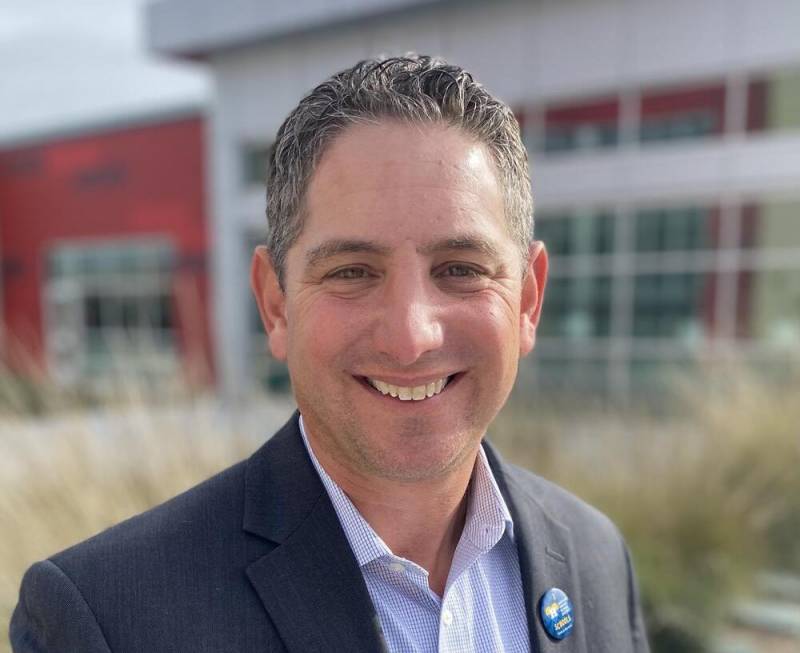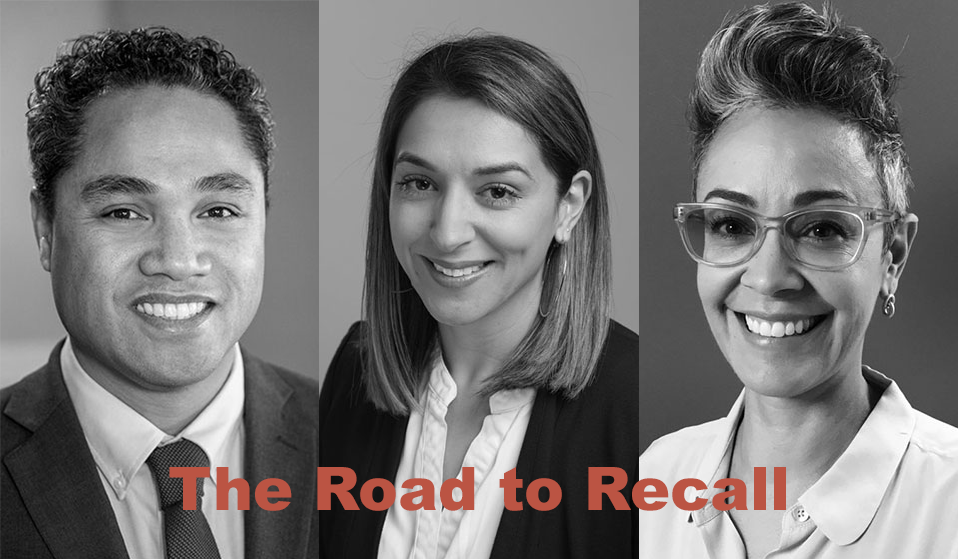Our team has laid out some critical areas where we need to invest to make sure we're addressing these issues that come up. We need to invest in having the appropriate staffing, reviewing our payroll to make sure we're keeping people whole and then just making sure that the system works for us. And so I'm learning what that will take.
And then I'm definitely here to support the team to make sure that we start the school year and that during this school year we're working together to address all those concerns.
I mean, what it did is it revealed that we have a system that really for 20 years hadn't had any investment. And we need to now make sure that we're addressing those issues and setting up a system that's going to work for us for the next 20 years.
San Francisco Unified faces a budget crisis with a projected deficit of over $125 million per year, and its financial management is under scrutiny from the state. How do you plan to bridge that gap?
Well, fortunately the budget for 2022-23 brings good news for education. It's a record education budget that is definitely going to help us.
And then, what I'm excited about in starting my superintendency is the board has committed to a process where we're going to go through to update our vision and values and, most importantly, set goals for student outcomes. Because, yes, we have a budget issue, but a budget is really about — what are our priorities? And so by going through this process, we'll make sure we're identifying our priorities around student outcomes and then can organize our resources around that.
The board and the district did a good job of making sure we can meet our fiscal obligations for the 2022-23 school year. And so we have time this year to understand our priorities and then align the budget according to those priorities.
Some people have raised concerns that the district is top heavy, with too many highly paid employees at the district office level. Would you do an audit and possible reorganization to address those concerns?
As I'm coming in, there's a lot of transitions at the district level. I'm definitely going to be looking at everything in the organization. We'll be going through a process to assess how we're organized. There's an opportunity to do an audit and then determine how we can meet the needs of our schools.
But if we're going to have district-wide student goals for student outcomes, we need to have a district office that's supporting that. But how can it be organized so it's efficient and effective and where our resources are supporting our students and our schools?
The district has restored merit-based admissions at Lowell High School, but some have suggested that it might be violating state law by doing so. What approach are you planning to take in that debate on the school status as an elite academic institution and racial equity?

